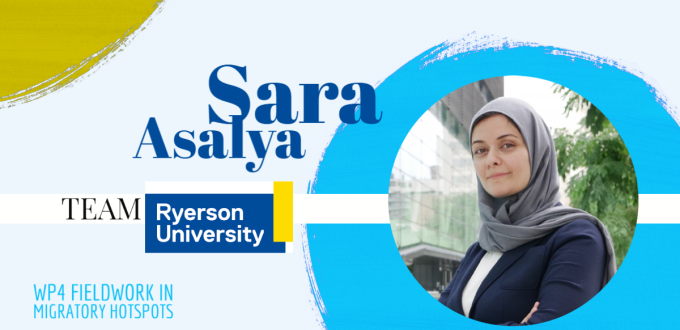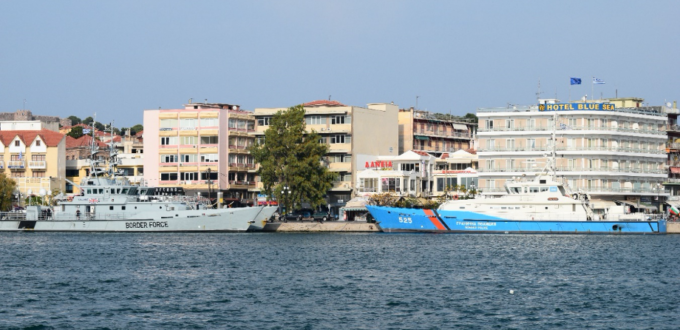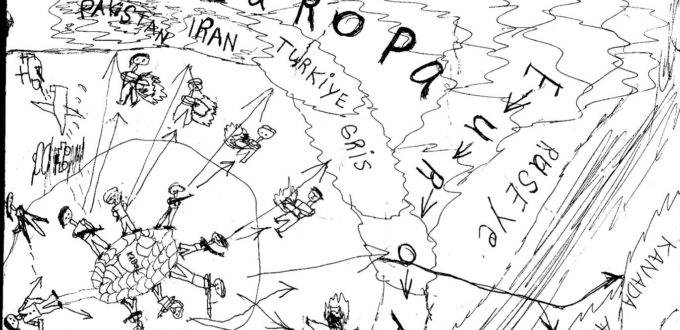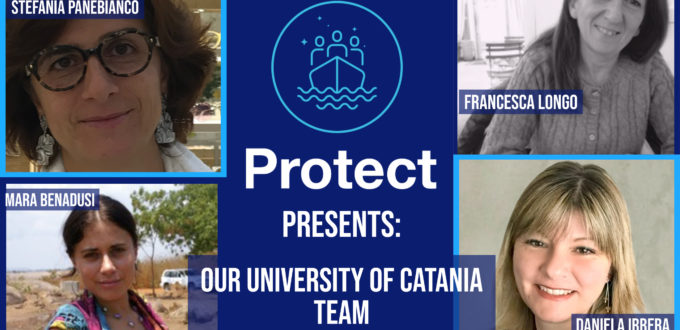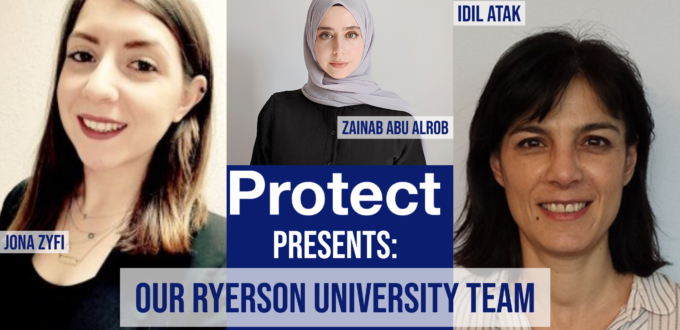According to the UNHCR 2021 Global Trends Report, 1 in every 78 people has been forced to flee worldwide because of persecution, conflict, violence, human rights violations or events seriously disturbing public order – leading up to more than 100 million people being forcibly displaced by May 2022. Pursuant to UNHCR: “As new refugee situations emerge and intensify, and as existing ones reignite or remain unresolved, there is an acute need for durable solutions at increasing scale. The Global Compact on Refugees notes that one strategic priority for the humanitarian community is to identify and support durable solutions that enable refugees to rebuild their lives and live in safety and dignity.” But how far has the international refugee system come in responding to the needs of the refugees? The PROTECT project marks #WorldRefugeeDay by sharing our insights to this question and by sharing our roadmap to a human-rights based refugee protection system. All of which is based on intensive data collection and analysation during the two years of the project.
New member at Ryerson
Meet Sara Asalya Sara is the Founder and Executive Director of The Newcomer Students’ Association, a national grassroots not for profit organization working at the intersection of migration, education, and social justice, and a platform committed to promoting inclusion and equity for post-secondary immigrant and refugee students. Sara has collaborated and worked on different research […]
70th Anniversary of the 1951 Refugee Convention in the wake of Pushbacks and Border Violence
The 28th of July 2021 marked the 70th anniversary of the adoption of the 1951 Geneva Convention – one of the most fundamental legal documents protecting the rights of refugees and outlines the legal obligations of States to protect them. In particular, Article 33 of the Convention as well as the principle of non-refoulement – […]
The continuum of violence and death on the Greek island of Lesvos
Although one might think that death would be the last act of a lethal political game which is played at refugees’ expense and that death itself would serve as a figurative border beyond which violence would not carry on and inflict suffering. My research indicates that violence also continues in death and even beyond the moment of death. Violence continues to be inflicted upon the lifeless bodies which are washed ashore, the unidentified and missing persons, the shipwreck survivors, the families, and even whole communities.
PROTECT partner presentations: The University of Catania
Meet PROTECT’s four researchers from the University of Catania, whose home ground on the island of Sicily is situated at the very front line of the European Union’s migration ports. Through the leadership of Professor Francesca Longo, the team studies the EU’s external migration relations and the impact of the Global Compacts on the work of CSOs and groups in need of international protection in their region.
PROTECT partner presentations: The Toronto Metropolitan University
The Ryerson team is led by Associate Professor Idil Atak, joining her are the early career Ph.D. fellows, Zainab Abu Alrob, and Jona Zyfi. Together, they will drive the Canadian-oriented research of PROTECT, involving fieldwork among migrants and refugees in Canadian cities and co-leading PROTECT’s dissemination and engagement work.


